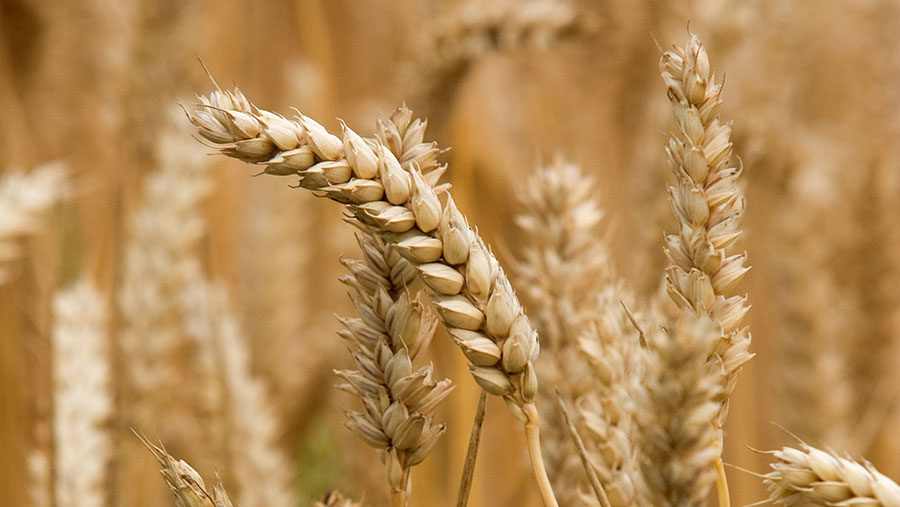Bioethanol go ahead will tighten wheat supplies
 © Tim Scrivener
© Tim Scrivener The government’s green light to double the rate of crop-based bioethanol in petrol from September 2021 is expected to tighten wheat supplies and push up prices around biofuel plants in the north-east of England.
The move to so-called E10 petrol will mean a bioethanol inclusion rate of 10%, rather than the current maximum 5%.
Moving to the higher rate will reduce annual carbon dioxide emissions by 750,000t, equivalent to taking 350,000 vehicles off UK roads.
A Department of Transport spokesman said E10 fuel would also be a major boost to the biofuel sector and arable growers in the region.
On the strength of the E10 announcement, AB Sugar’s Hull Vivergo bioethanol plant is to reopen in September, which the AHDB has suggested could tighten wheat supplies.
See also: Step-by-step guide for a tailored approach to crop nutrition
“We are likely to have the barest of wheat stocks as we leave the 2020-21 season,” said AHDB analyst Megan Hesketh.
“Therefore, without a bumper 2021 wheat harvest, the supply and demand picture for 2021-22 is already looking tight. Add in more demand to the market, and this tightness grows,” Ms Hesketh said.
She suggested this would result in greater delivered premiums for feed wheat in Yorkshire, and lift the entire pricing complex of the east coast of England.
However, GrainCo managing director Gary Bright stressed the impact of increased demand for bioethanol on prices would be relatively small, compared to the influence of the global situation.
There will be a local uplift in prices due to E10, but it is likely to be only about £2-£3/t, Mr Bright suggested.
This is dwarfed by the far bigger impact of the developing situation in China, which bought millions of tonnes more wheat during 2020, Mr Bright said.
China is reportedly building up grain stocks and this helped to push up prices by £70/t globally during 2020, he added.
The Vivergo plant can process more than 1m tonnes of wheat a year, sourcing from farms within a 50-mile radius, but has been mothballed since 2018 due to an oversupply of European and global ethanol.
AB Sugar chief executive Mark Carr said: “We will be recruiting around 85 highly skilled green jobs in addition to the core team that remained in place during its closure in the north-east of England, and reopening a new market for wheat farmers in the UK.”
